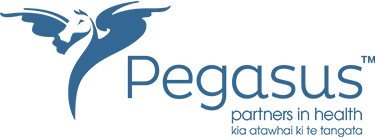Supporting disabled people in health settings to improve communication and accessibility
- Put the person before the impairment.
- Ask before you help, don’t assume they need it.
- Think before you speak.
- Don’t make assumptions.
- Respond graciously to requests.
- Speak directly to the person initially, not their support person if they have one.
- Always include the person in decision-making.
- Be patient, supportive, flexible.
- Ensure that whānau and support people are aware of any decisions made.
Download the guide below for specific guidance on:
- People who are mobility impaired
- People who are visually impaired or blind
- People who are hard of hearing, deaf or have speech impairments
- People with cognitive impairments (learning disabilities)
- People with autism spectrum disorder or sensory impairments.

